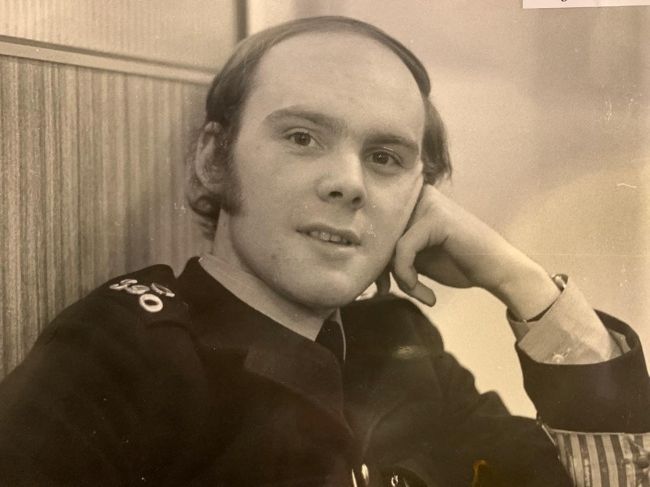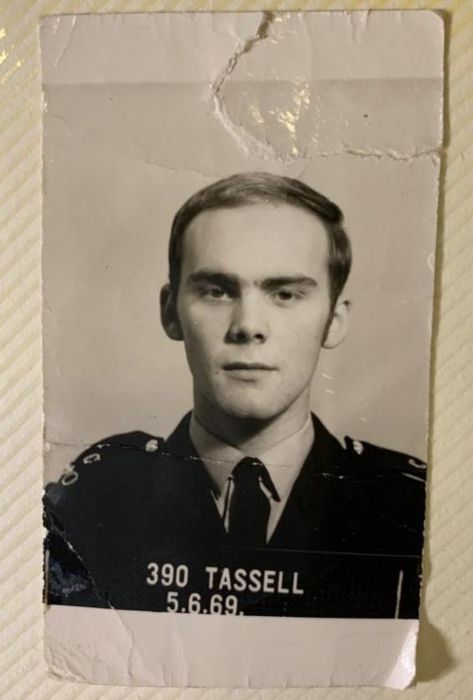BBC Two is set to air a look at real-life police corruption with its new documentary, Bent Coppers: Crossing the Line of Duty, with episode one looking into a secret network of corrupt police officer uncovered by The Times in 1969. But was Line of Duty really based on a true story? Find out here...
MORE:Line of Duty season six: HELLO! breaks down episode four
According to the synopsis for the factual show, the Met's first anti-corruption unit did indeed serve as inspiration behind the show, with the synopsis reading: "This series explores the dirty secrets behind London's policing with a story of corruption that goes to the very top of the Met and leads to the formation of the first internal anti-corruption unit, A10, which inspired the BBC drama Line of Duty."
WATCH: HELLO!'s TV team breaks down episode four
The show's creator, Jed Mercurio, receives advice from a real-life police officer known only as John about plot points to ensure they are accurate. John told The Independent: "Jed will always use dramatic licence, but there are very few places where he’ll push the boundaries of what police work is really like.
The show will look at the beginning of anti-corruption within the police
"The job can be a lot more complex and time-consuming than we’re sometimes able to show in the series, but I’ve spoken to officers of various forces and ranks, and they recognise the fundamentals of day-to-day policing are there."
MORE: Line of Duty fans think they have spotted major character connection in season six
MORE: Line of Duty's many acronyms, debunked
Jed has also previously drawn on real-life events in regards to some plot details, most notably in season four when Michael Farmer, who had learning difficulties, was arrested for murder. Jed revealed that it was inspired by Stefan Kiszko, an intellectually disabled man who was imprisoned for 16 years for the death of schoolgirl Lesley Molseed, despite being innocent.
Will you be watching the documentary?
He told the Express: "There are actually, really relevant examples in British legal history of Stefan Kiszko and you should look up who his solicitor was. It's interesting - and the other one is Barry George, who was convicted and then acquitted of the Jill Dando murder. So, there are actually, really relevant correlates in the British system."
Like this story? Sign up to our newsletter to get other stories like this delivered straight to your inbox.











